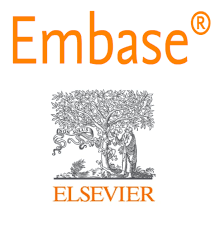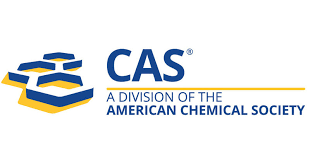EGFR Expression Patterns in Non-Small Cell Lung Cancer: A Case Series via Immunohistochemistry
Keywords:
Epidermal growth factor receptor (EGFR), non-small cell lung carcinoma (NSCLC), tyrosine kinase inhibitor (TKI), adenosquamous cell carcinoma (ASCC).Abstract
Lung cancer ranks among the leading causes of death for both men and women, representing 5.9% of all cancer cases and accounting for 8.1% of cancer-related fatalities. The most prevalent form of lung cancer is non-small-cell lung cancer (NSCLC), which encompasses various histological tumor types, such as adenocarcinoma, squamous cell carcinoma, and large-cell carcinoma. The uncontrolled proliferation and progression of cancer can arise from mutations or overexpression of EGFR, a transmembrane receptor tyrosine kinase protein. Consequently, comprehending the role of epidermal growth factor receptor (EGFR) in NSCLC is crucial, as this protein plays a significant role in regulating cell growth and division.
The objective of this study is to assess the expression of the EGFR in NSCLC through the application of immunohistochemistry. A collection of lung biopsy specimens was obtained from the Institute of ACS Medical College and Hospital. The tissue samples were preserved in formalin and subsequently subjected to standard histopathological and immunohistochemical analyses.In our investigation, we found that EGFR expression is predominantly associated with adenocarcinoma, exhibiting grades of 3+, 2+, and 1+. Conversely, other forms of NSCLC primarily demonstrate EGFR expression in grades of 2+ and 1+. Our results suggest that approximately two-thirds of NSCLC patients (exceeding 60%) possess an EGFR mutation. Therefore, the identification of EGFR expression is crucial for improving patient management, as it represents a significant negative prognostic indicator.
.png)









